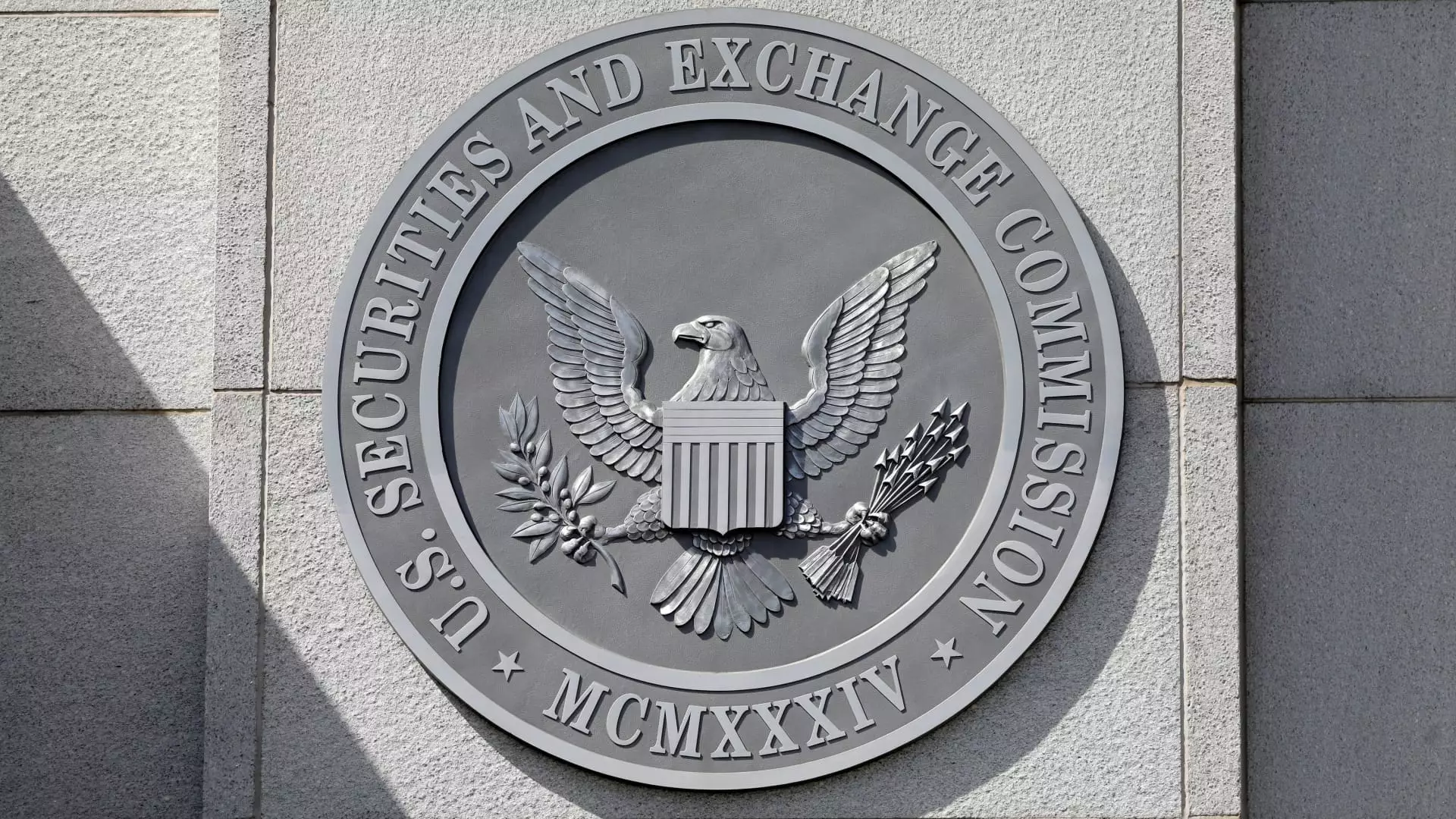The regulatory landscape of the U.S. Securities Exchange Commission (SEC) is undergoing a significant transformation under the new leadership mandated by President Donald Trump. Sources indicate that formal investigations at the SEC will now require prior approval from politically appointed officials, marking a stark departure from previous operational autonomy bestowed on enforcement staff. This shift has sparked debate regarding the ramifications on investigation efficiency and the broader implications for regulatory enforcement.
In a remarkable change in procedural norms, SEC lawyers have reportedly been instructed to obtain clearance from the Commission’s politically-appointed leadership before initiating any formal inquiries. This information, which surfaced following confidential briefings, has raised questions about the motivations behind the shift and its potential impact on the SEC’s mandate to safeguard market integrity. Under normal circumstances, lower-level staff members possessed the discretion to launch investigations; this delegation of authority has been curtailed, even though the Commission retained the option to refuse such orders.
With the SEC’s current composition of three members—two Republicans and one Democrat—under the stewardship of Acting Chair Mark Uyeda, a new governance philosophy appears to be taking shape. Proponents argue that this procedural amendment is designed to protect individuals from unwarranted probe initiation, suggesting a more measured approach to regulatory scrutiny. Critics, however, posit that this move undermines the operational independence and decision-making capabilities of SEC staff, possibly stalling vital investigations.
The involvement of presidentially appointed officials in investigative processes signifies an increase in political oversight over a body that prides itself on impartiality. This transition raises several critical concerns.
First, the imposition of political filters could introduce biases that deter the SEC from pursuing certain high-profile or sensitive cases that may politically impact the administration. This change may create an environment where enforcement actions are selectively pursued, aligning more with political agendas than with the impartial enforcement of securities laws.
Moreover, by reversing practices established in prior administrations, current leadership might be compromising the SEC’s historical role as an independent regulator. This could lead to perceptions of partisanship, compromising the agency’s credibility. It is vital for regulatory bodies to retain public confidence, and any shift away from independence can erode that trust.
Historically, the SEC has oscillated between different modalities of authority distribution among its staff. During previous Republican administrations, there had been some instances where approval for formal investigations was solicited from senior officials. Conversely, the last administration under President Biden had afforded considerable authority to enforcement personnel, allowing them streamlined operations to initiate investigations swiftly.
The crux of this policy change lies in the balance of power within the Commission. The authority to initiate investigations has typically been an operational tool meant to empower enforcement divisions, allowing for quick and efficient responses to market malfeasance without being bogged down by bureaucratic hurdles. The current shift arguably reflects a broader trend towards centralized control that could inhibit proactive measures that the SEC has historically utilized.
This modification in the procedural framework could have several potential consequences for the SEC’s effectiveness and the broader capital market ecosystem. While the intention may be to prepare a safer investigatory environment for potential targets, it raises significant concerns over efficiency and efficacy in tackling complex securities cases.
Furthermore, it could potentially alter market behavior. If industry players perceive the SEC as slow-moving or largely unresponsive due to the new requirement for approvals, this may lead to reduced voluntary compliance with regulations. A lack of swift enforcement could foster an environment of risk-taking that jeopardizes investor protections, ultimately destabilizing the markets the SEC is tasked with overseeing.
Though the extent of these changes remains to be fully realized, the onset of political oversight within the SEC raises critical questions about the intersection of governance, regulation, and market ethics. As the agency pivots under new leadership, all eyes will remain glued to its ability to maintain its mission amidst evolving political dynamics.



Leave a Reply